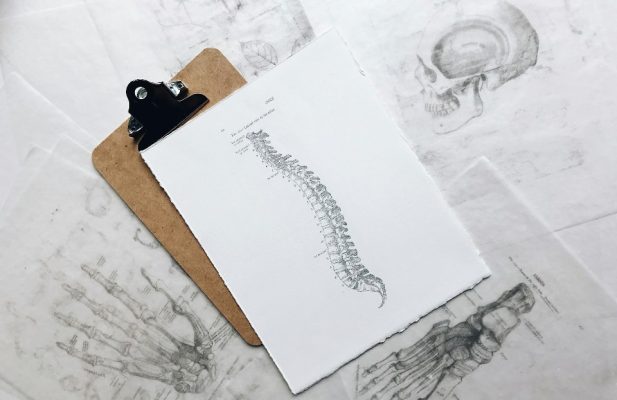
Chronic pain can be debilitating and get in the way of normal life. It can affect your mood, make you more irritable, impact your work productivity, and even keep you from relaxing in the evening and getting good sleep at night.
While at-home methods like stretching sometimes work, it may be important to seek professional help – for example, a pain doctor in Maryland – if the discomfort is too much to manage or traditional tactics don’t bring results.
So, let’s discuss the best practices for finding a pain management doctor close to you.
1. Ask Your Primary Care Physician
Professionals in different fields tend to know each other and know who to recommend if they can’t help. This also applies to doctors.
A good primary care physician who’s been in the field for a few years should have a good idea of the local landscape and be able to recommend at least a couple of doctors in different fields.
Doing this as a first step is good for a couple of reasons:
First, your primary care physician knows you, and they are likely familiar with your medical history, which allows them to recommend the best person for a particular treatment.
Second, getting a referral from a doctor provides peace of mind. This is because every professional guards their reputation, so they probably won’t recommend someone they are not confident in.
2. Do Your Research
Getting a few referrals is an excellent first step, but you shouldn’t blindly trust them without doing your research, especially when looking for the right doctor for pain management.
First, verify the potential doctor’s degree and credentials. See if they have a board certification in pain medicine or a related field like rehabilitation. Also, look into additional experience and expertise the doctor has that’s relevant to your needs.
Factors like years of experience and patient satisfaction ratings can also provide more information to make the right decision.
Second, ask about the available treatment approaches. Discuss categories like pain management, physical therapy, and procedures the doctor might use and how they could be relevant to your situation.
3. Look For Reviews
Have you ever asked yourself, “How do I find a good pain management doctor?” If so, consider how you look for other products and services. Like most people, you probably find the service or product online and look for reviews from others.
Like it or not, reviews can be useful and help us determine if we should consider working with someone – be it a personal trainer, a nutritionist, a real estate agent, or a pain management doctor.
4. Verify Insurance Coverage
Remember to check if the clinic works with your insurance — this can help you save money. Ask what treatments are covered by your plan, since some options might be costly. Talk about prices and make sure the clinic explains everything clearly. A good clinic will be honest about costs and may offer payment plans if needed. This way, you can focus on feeling better without worrying about surprise bills.
5. Schedule a Consultation
Doing your research is fine. But, at some point, you must take the plunge and trust somebody. That said, booking a consultation doesn’t mean you’re locked in with that doctor forever, so don’t be too hesitant.
Going in for a consultation can be a great way to gauge the person and see if you’re the right fit.
Conclusion
We hope this article provides some good ideas and direction if you’ve ever asked yourself, “How do I find a good pain management doctor?”
As with other products and services, it’s about doing your research, asking others for recommendations (especially people in the field), and using your best judgment to determine if you’re a good fit.
Receive occasional news about our new eBook and Video Workshop publications.

















